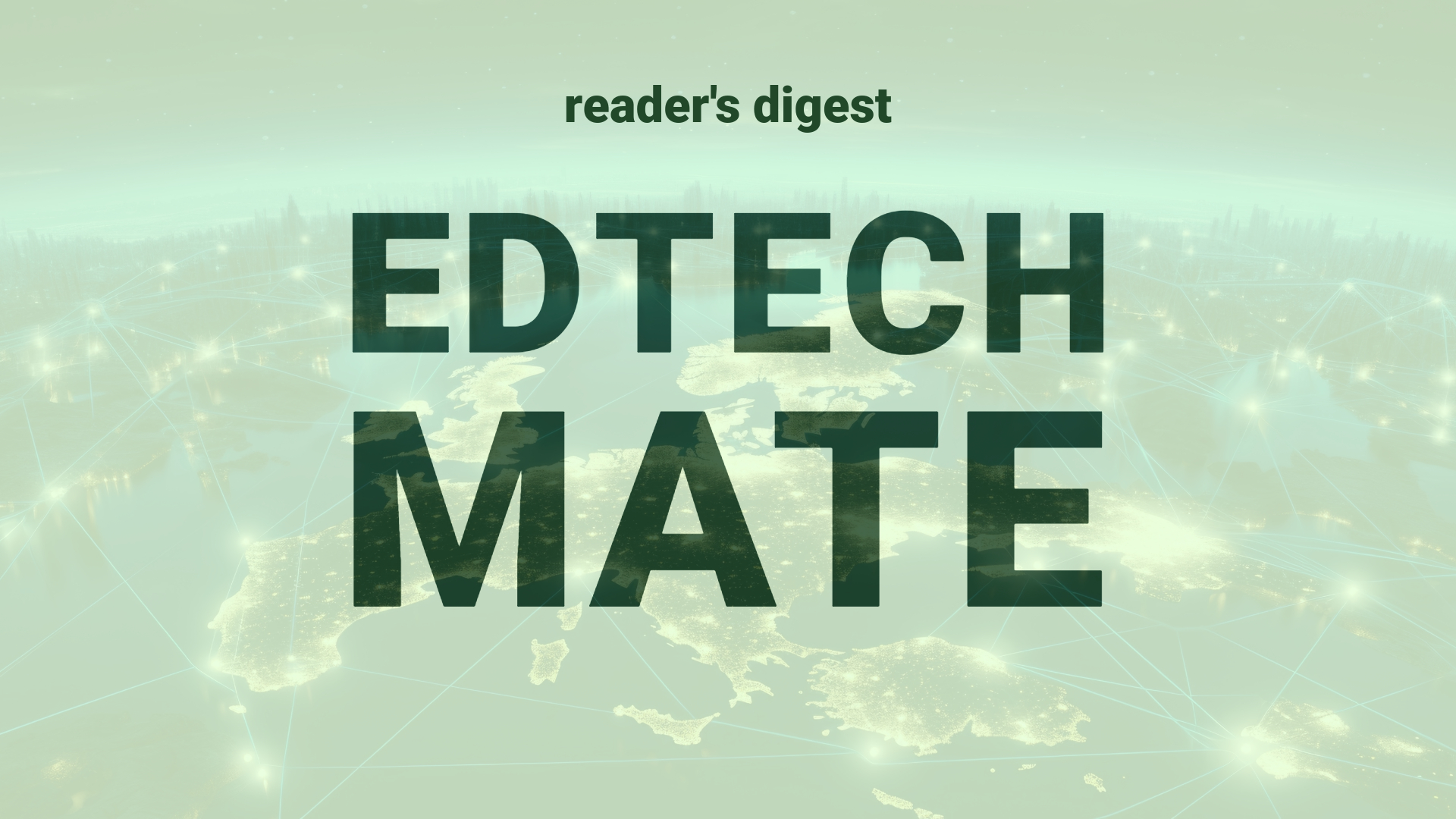Executive Summary and Main Points
Global decarbonization is at a critical juncture, necessitating halving emissions by 2030 with continued reduction thereafter. Amidst the immense challenges presented, such as technological transitions and investment needs, lies the opportunity for significant market expansions in power generation, transportation, and land use. As one of the top GHG emitters, Indonesia’s response is pivotal. The country’s strategic initiatives, including increased renewable energy targets and partnerships like the Just Energy Transition Partnership (JETP), position it as a significant player in the decarbonization market.
Potential Impact in the Education Sector
The global advancement in decarbonization has implications for the education sector, particularly in further education, higher education, and micro-credentials. Investments in sustainability will likely drive new strategic partnerships and enhance the digitalization of education. This sets the stage for new educational programs and courses focused on sustainability, the expansion of research in green technologies, and the development of skills necessary for a booming green economy, thereby enriching the global higher education dynamics.
Potential Applicability in the Education Sector
Innovation in AI and digital tools can significantly benefit the global education systems, particularly in regard to sustainable practices and research in renewable energies. Educational institutions could incorporate AI to optimize campus operations, reduce carbon footprints, and enhance research capabilities. Digital transformation tools can support cross-border collaboration in research and the global exchange of sustainable practices and innovations.
Criticism and Potential Shortfalls
While the transition towards sustainability offers numerous benefits, it is not without its criticisms and potential downfalls. Concerns include equitable global cooperation, the socioeconomic impact of transitioning workforces, and ethical and cultural implications of enforcing global standards. Comparative international case studies underscore the varied responses of nations, reflecting differing priorities and capacities to adapt to these sweeping changes.
Actionable Recommendations
To leverage these technologies for sustainable growth in higher education, recommendations include integrating sustainability and digitalization in curriculums, fostering international research partnerships, investing in AI for campus sustainability solutions, and leading in ethical discussions on how technology can be utilized inclusively and responsibly. International education leadership should propose strategic plans for engaging students in sustainability research and green technology.
Source article: https://www.mckinsey.com/id/our-insights/indonesias-green-powerhouse-promise-ten-big-bets-that-could-pay-off

